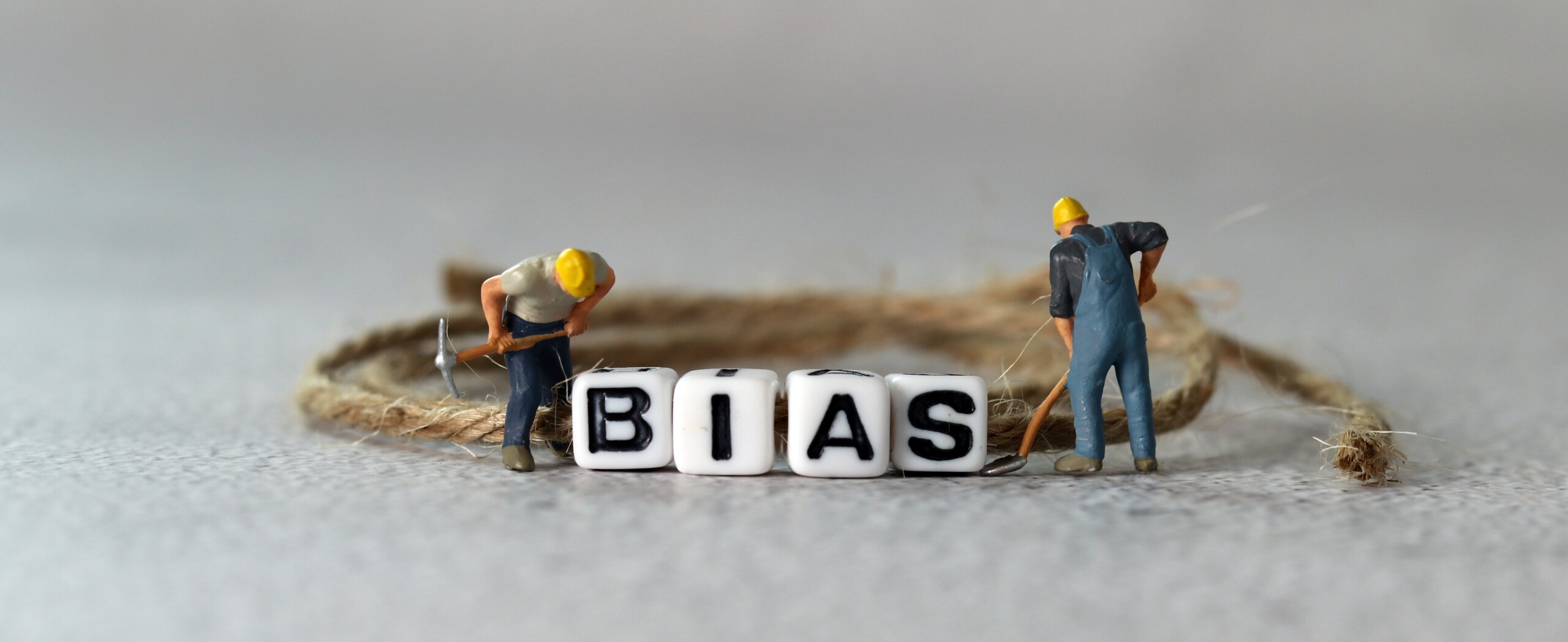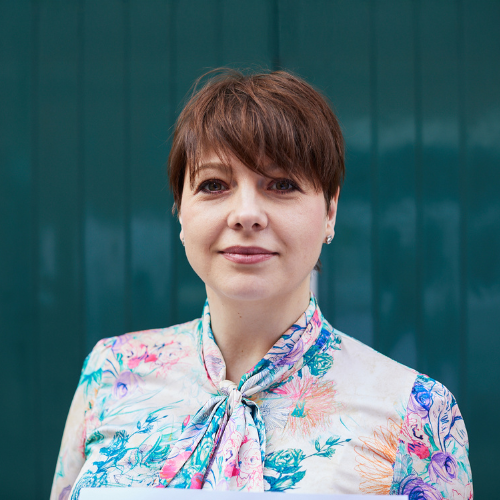
Building momentum for gender equality in Brazilian higher education
On 25 September, the British Council in Brazil, supported by People 1st International, held the first of two capacity-building activities of a wider programme designed to accelerate gender equality initiatives across higher education institutions in Brazil.
The programme builds on progress already made through the Women and Science Award (Prêmio Mulheres e Ciência), a joint initiative between the National Council for Scientific and Technological Development (CNPq), the Ministry of Science, Technology and Innovation (MCTI), the Ministry of Women, the British Council, and the Development Bank of Latin America and the Caribbean (CAF). The Award aims to highlight and celebrate the contributions of women in science and to foster a more inclusive and equitable environment in science, technology, and innovation.
In its Institutional Merit category, three outstanding Brazilian institutions were recognised for their innovative action plans to promote gender equality. The awardees are now receiving dedicated support to strengthen and implement these plans, with the ultimate goal of creating more equitable and inclusive academic environments for women in higher education and science.
Capacity building for lasting change
The capacity building activities are rooted in the belief that advancing gender equality requires institutional commitment, international collaboration, and knowledge exchange. With support from UK experts, the initiative connects Brazilian universities and research centres to global best practices in inclusion and diversity, while equipping them with the tools and strategies needed for long-term impact.
The workshops objectives include:
- Strengthening institutional capability to implement gender equality frameworks.
- Promoting peer learning and knowledge sharing between award recipients.
- Positioning awardees as mentors and ambassadors for inclusive practice.
- Facilitating broader dissemination across Brazil’s higher education sector.
- Reinforcing UK-Brazil collaboration and reconnecting with past institutional partners.
The first activity
The journey began with a one-day virtual capacity building workshop held on 25 September. This intensive session brought together the three award-winning institutions – the Federal Institute of Education, Science and Technology of Rio Grande do Sul (IFRS), the Federal University of Ceará (UFC), and the Fluminense Federal University (UFF), for a series of interactive activities, including:
- Action plan reviews to refine their strategies.
- Peer sharing and group coaching to exchange experiences and challenges.
- Mentoring strategy development to ensure sustainable impact.
The participating project leads, Dr. Diana Azevedo (UFC), Dr. Flávia Twardowski (IFRS), and Dr. Paula Land Curi (UFF), played a key role in shaping discussions and sharing insights from their institutional action plans to advance gender equality.
UK experts, including Gary Loke, Inclusion and Education Consultant joined virtually to share insights, while a local facilitator ensured discussions resonated with the Brazilian higher education context. Contributions from Dr. Charoula Tzanakou of Oxford Brookes University and Gladys G. Diaz Armas & Alba Martinez Basalo from Imperial College London provided valuable examples of best practices that can inspire and inform progress in Brazil.
Key takeaways
The workshop highlighted that advancing gender equality in higher education is not about isolated initiatives but about embedding change into the very fabric of institutions. Five themes stood out:
- Institutional commitment matters. Policies and frameworks are only effective when paired with strong leadership, clear accountability structures, and consistent monitoring. Institutions need to champion gender equality at every level to achieve lasting impact.
- Training and sensitisation are critical. Addressing unconscious bias and cultural attitudes requires deliberate and sustained effort. Workshops, awareness campaigns, and ongoing professional development play a vital role in shifting mindsets and building inclusive cultures.
- Data drives progress. Collecting and analysing gender-disaggregated data is essential for understanding gaps, designing strategies, and measuring success. Without evidence, it is difficult to know what works, or to demonstrate impact.
- Collaboration accelerates change. Institutions do not need to work in isolation. Stronger cross-institutional and international networks create opportunities for peer learning, sharing best practices, and amplifying progress across the sector.
- Leadership and mentorship are decisive. Change is accelerated when leaders actively champion inclusion and when mentorship opportunities support women in their academic and research journeys. Empowering women to both lead and mentor creates a multiplier effect across institutions.
What’s next
The next phase of the capacity building activity will be a knowledge sharing webinar on 11 November where awardees will participate in a roundtable discussion, UK institutions will contribute insights, and a facilitated audience dialogue will bring wider engagement. This will further strengthen the network of practitioners committed to advancing gender equality in higher education across Brazil and beyond.



